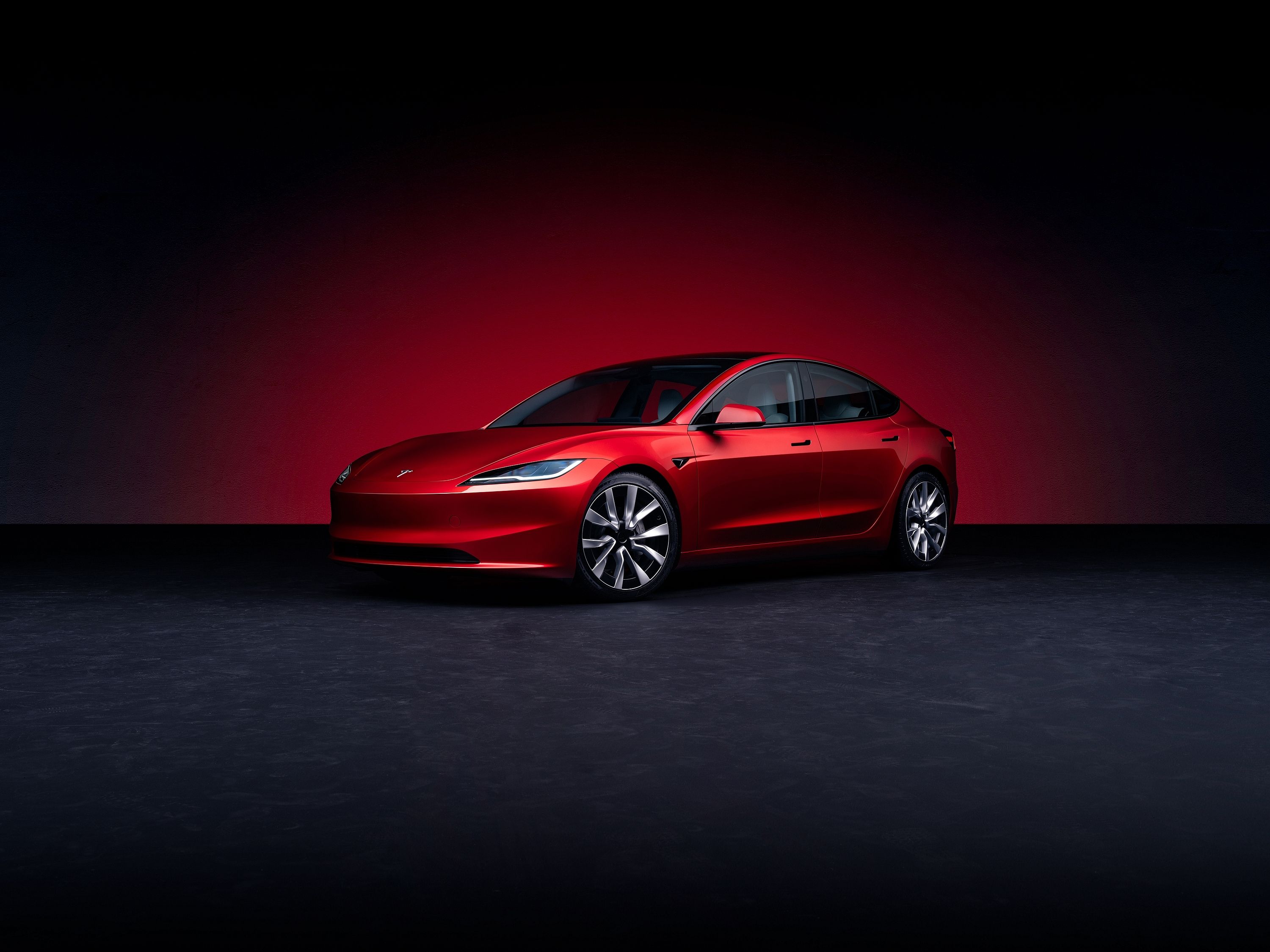
Unless you've been living under a rock, you're likely to at least have witnessed an online comment war about whether or not electric vehicles (EVs) are genuinely good for the environment. Sure, in their immediate microenvironment, EVs are zero-emission vehicles; with no combustion, there's no harmful greenhouse gases being emitted, meaning that in theory, your Tesla Model 3 is good for the environment and you're helping to combat climate change. But the bigger picture - the one where you plug in at home to charge and where that power is generated by a power station likely burning coal to produce electricity seems to paint a somewhat different picture. Combustion enthusiasts will also argue that the carbon footprint created by producing the batteries is far bigger than their gasoline cars will produce in an entire lifetime. Who's right, though? According to a new study by the Union of Concerned Scientists, EVs really are better for the environment, and that's with all factors taken into consideration.
Using recently released data on power plant emissions for 2018, as well as sales data for EVs for the corresponding period, the UOCS were able to determine that the average EV produces the equivalent pollution levels of a gasoline car that manages 88 mpg. That's a staggering figure considering the most efficient car in the US according to the EPA (excluding EVs and PHEVs) is the Hyundai Ioniq at a combined estimate of 58 mpg. Even among plug-in hybrids (PHEVs), the top-ranking car for 2020 (Toyota Prius Prime) only scores a combined effort of 78 mpg. Meanwhile, the average gasoline car sold in the US achieves only 31 mpg.
It does differ per state, however, as some states rely heavily on greener ways of producing electricity. However, just 6% of the US population live in an area where driving an EV produces more emissions than a 50 mpg car - an incredible feat nonetheless.
The figures were calculated on a broad scale, one that took into account more than just the emissions at the tailpipe of a combustion car. It also accounted for the emissions produced in extracting crude oil from the ground, transporting it, making the gasoline at refineries, and then the transport to a fuel filling station. Likewise, the calculations for EVs took into account power plant emissions and those of the production of coal, gas, and other fuels used at these stations. Ultimately, the modern EV emits less global warming emissions than the average new car; in some states between 4 and 7 times less. In New York, for example, driving an EV has about the same impact on the environment as a 231 mpg gasoline car would have.
The only question now is whether manufacturers can keep up with the growing demand for EVs, or will battery shortages hinder their ability to do so?

